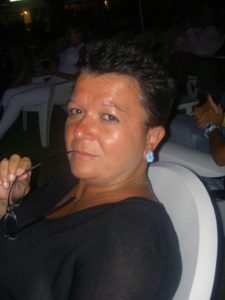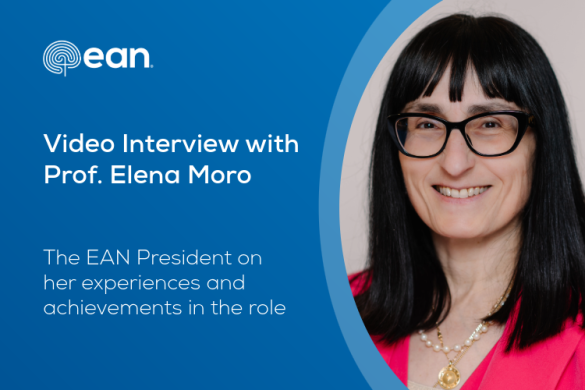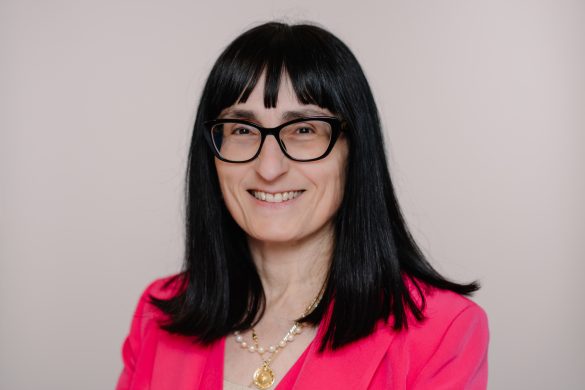Prof. Stefania Maggi
President of the EUGMS – European Union of Geriatric Medicine Societies
Prof. Gunhild Waldemar (GW): Geriatric medicine has become very important in our fast ageing European population.I invite you to introduce the European Union Geriatric Medicine Society – EUGMS of which you are the president to the EANpages readership. Can you please explain to the readers of the EAN Pages what the EUGMS stands for and what its objectives and aims are?
Prof. Stefania Maggi (SM): The European Union Geriatric Medicine Society, EUGMS, is the collaborating and co-ordinating organisation of the national geriatric medical societies of the European Union member states, but also includes Norway, Switzerland and Iceland. The EUGMS’ mission is to develop geriatric medicine in all member states as a recognised independent medical specialty, contributing to the care of all older people with age related diseases.
Our mission is:
- To develop geriatric medicine in the member states of the European Union as an independent specialty caring for all older people with age-related disease
- To support that these services become available to all citizens of the European Union
- To promote education and continuing professional development, and in particular an annual scientific congress
- In conjunction with the Section of Geriatric Medicine of the UEMS, to promote geriatric medicine to the European Commission and Parliament
- To promote evidence-based consensus for the most efficacious preventive and treatment strategies for older people in the European Union
GW: Brain disorders are very frequent in the elderly. Can you illustrate the specific programmes and work EUGMS is developing to improve treatment and care for these disorders?
SM: Through its members and via focused actions, EUGMS has facilitated developments in the assessment, treatment, rehabilitation and prevention of brain disorders in the older population. EUGMS actively lobbies in the European Parliament and works within the European Medicines Agency.
GW: The EAN represents clinical neurology in Europe and its members often are confronted with old age related conditions indicating an overlap of both societies’ work and areas of interest. This can be the space for cooperation between both societies. Can you give your view on this possible cooperation?
SM: More and more older people are diagnosed with a neurological disorder. In an era of ever-advancing medical developments and increasing life expectancy, the prevalence of many of these neurological illnesses continues to increase. Older patients often behave differently under external stimuli than their younger counterparts; they can have atypical presentations of disease and may respond differently to therapeutic approaches. These individuals will be best served by true multiprofessional collaborative work, and cooperation between our Societies would surely be of benefit for the patients.
GW: Your special interest groups address issues that are of great interest also to EAN and its related scientific panels e.g. Education, palliative care, long-term care. Would you and EUGMS see opportunities for sharing knowledge on e.g. joint guidelines in any specific field of interest? More information on the EAN scientific panels can be found here.
SM: EUGMS promotes knowledge in different areas of Ageing and specifically in those closely related to Geriatric Medicine. To this extent, we run Diabetes, urinary incontinence and nutrition Task and finish groups with short-term goals – specific, measurable, agreed upon, realistic and time based- that are relevant to EAN. We propose that we foster the creation and development of groups in areas relevant to our membership.
Furthermore, we have long standing Special Interest Groups with ample experience in different areas that could potentially interact closely with your EAN members. Results of collaborative work could be expected early on, including the creation of consensus documents and guidelines, dissemination of knowledge, networking, etc.
Dear Prof. Maggi, I thank you for the interview and wish you and EUGMS all the very best.
Professor Gunhild Waldemar is member of the EAN European Affaris sub-committee and works at the Copenhagen University Hospital, Department of Neurology, Copenhagen, Denmark











